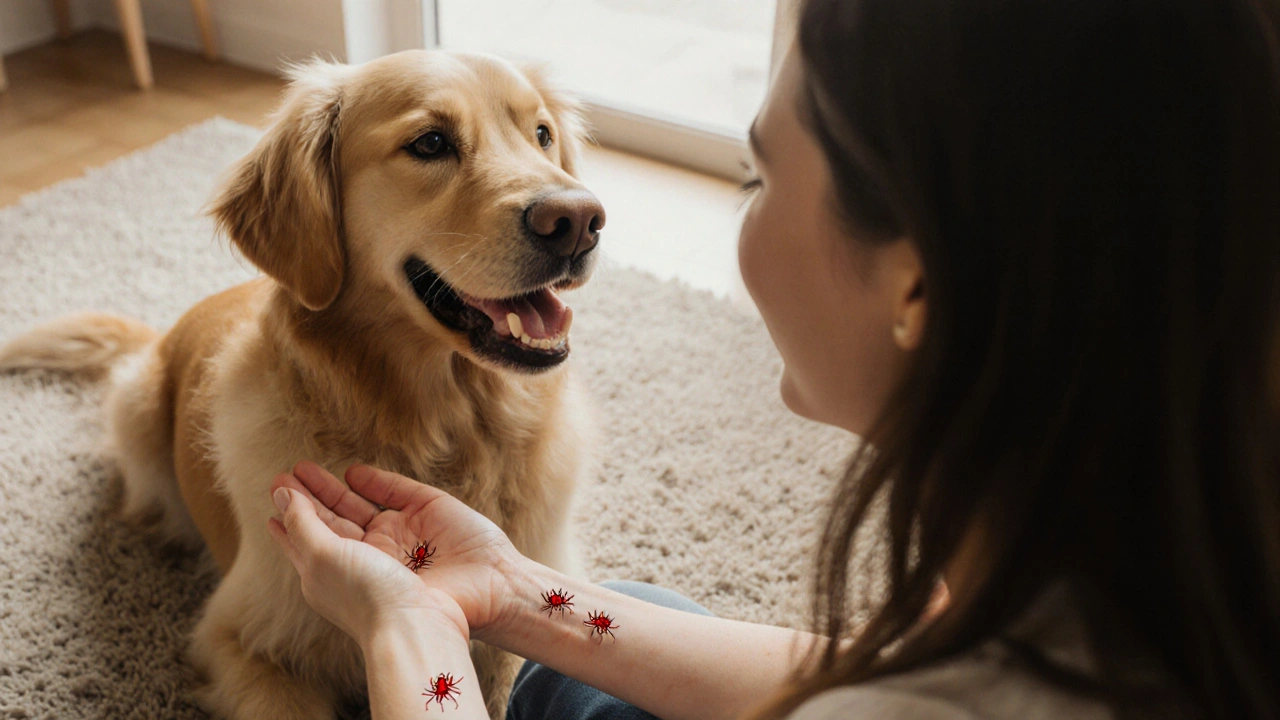Parasite Prevention: Easy Steps to Keep You Safe
Parasites can hide in food, water, soil, or even on your pets. The good news? Most of them are avoidable with a few everyday habits. Below you’ll find straight‑forward actions that protect you and your family without needing a medical degree.
Everyday Habits That Stop Parasites
Start with clean hands. Wash with soap for at least 20 seconds before meals, after using the restroom, and after handling animals. A simple hand‑wash routine cuts down the risk of roundworms, hookworms, and many protozoa.
When you cook, make sure meat reaches a safe temperature. Beef, pork, and chicken should be cooked until they’re no longer pink inside. Use a food thermometer if you’re unsure – 160°F (71°C) is a reliable target.
Wash fruits and vegetables under running water. For produce you’ll eat raw, consider a brief soak in a solution of one part vinegar to three parts water, then rinse well. This helps remove eggs or cysts that might be stuck on the skin.
Keep your home’s water safe. If you rely on a well or municipal supply that’s questionable, filter it or boil it for one minute before drinking or cooking.
Pet owners should deworm pets regularly and clean up pet waste promptly. Fleas and ticks can carry parasites that jump to humans, so keep your pets on a regular flea‑control program.
Travel‑Smart Strategies to Avoid Infection
When you’re on the road, stick to bottled or filtered water. Avoid ice cubes unless you know they’re made from safe water.
Eat at reputable restaurants and choose foods that are cooked fresh and served hot. Street food can be tasty, but only grab items that are clearly cooked in front of you.
Carry a basic travel health kit that includes an over‑the‑counter anti‑parasite like mebendazole (Vermox) for short‑term use. Only take it after a quick chat with a pharmacist or doctor to confirm it’s appropriate for you.
Wear shoes outdoors, especially in rural areas or near livestock. Soil can harbor hookworm larvae that penetrate bare skin.
Practice insect protection. Use repellents containing DEET or picaridin, and wear long sleeves when mosquitoes or sandflies are common. Some parasites, like malaria or leishmaniasis, are transmitted by insects.
If you develop persistent stomach cramps, diarrhea, or unexplained weight loss after travel, seek medical advice promptly. Early testing can catch a parasite before it spreads.
By combining clean habits at home with smart choices on the road, you dramatically lower the odds of a nasty parasite invasion. Stay aware, stay clean, and enjoy life without the hidden hitchhikers.
How Pets Spread Skin Parasites: What You Need to Know
Learn how dogs and cats can spread skin parasites like scabies, hookworm larvae, and fleas, and get practical tips to prevent infections at home.
